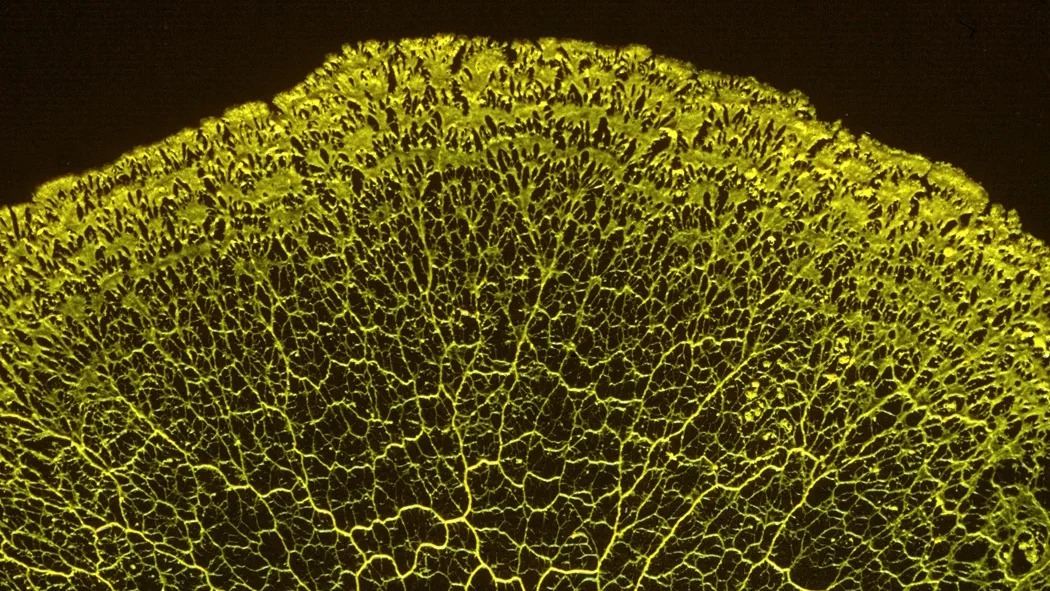
The word natura derives from the Latin homograph natura, a derivative of natus, past participle of nasci, meaning ‘to be generated, to be born, to descend, to begin’. The word began to spread with the locution natura rerum, soon shortened to just natura, which indicated the essential character and quality of something.
For Raymond Williams (1985), this is the first of the three fundamental meanings of the word nature:
- the essential quahiy and character of something
- the inherent force which directs either the world or human beings or both;
- the material world itself, taken as including or not including human beings.
The second meaning is the one that is often personified, elevating Nature to an abstract philosophical entity and alienating the human sphere to the point of generating the deleterious opposition between Nature and Culture.
In recent decades, however, the spread of the idea of the environment is shifting the focus of public discourse back to the third meaning, namely the materiality of the world, including the human sphere. Reflections in the field of medicine and health are also moving in these holistic and all-embracing directions. Programmes such as One Health and Planetary Health were born in such a cultural humus.
The first is defined by the WHO as ” an integrated, unifying approach to balance and optimize the health of people, animals and the environment”, encompassing “the public health, veterinary, public health and environmental sectors”. Its aim is “to prevent, predict, detect, and respond to global health threats” such as “food and water safety, nutrition, the control of zoonoses […], pollution management, and combatting antimicrobial resistance […]” (https://www.who.int/news-room/questions-and-answers/item/one-health). The core values of the One Health concept refer to human public health and the health of animals that influence human health.
Planetary Health is defined in its manifesto as “the achievement of the highest attainable standard of health, wellbeing, and equity worldwide through judicious attention to the human systems—political, economic, and social—that shape the future of humanity and the Earth’s natural systems that define the safe environmental limits within which humanity can flourish. Put simply, planetary health is the health of human civilisation and the state of the natural systems on which it depends” (https://www.thelancet.com/journals/lancet/article/PIIS0140-6736(15)61038-8/fulltext). The core values of this approach are the health of living and future human generations, applied to individuals, communities and populations. One of the main goals is equity in health, linked to socio-economic, regional and gender factors. Furthermore, the Planetary Health concept requires sustainability, which in turn is based on natural resources and biodiversity.
It seems that we are finally recognising the intimate connection between health and nature, where both the former and the latter are not the prerogative of humans.
